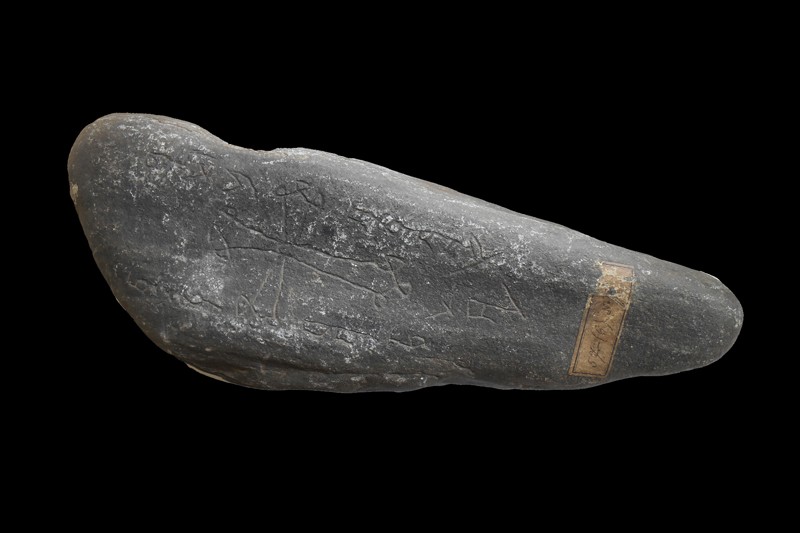Ancient DNA traces origin of Black Death
Date: 17.6.2022
A Silk Road stopover might have been the epicentre of one of humanity’s most destructive pandemics. People who died in a fourteenth-century outbreak in what is now Kyrgyzstan were killed by strains of the plague-causing bacterium Yersinia pestis that gave rise to the pathogens responsible several years later for the Black Death, shows a study of ancient genomes.
 Between 1346 and 1353, the Black Death laid waste to western Eurasia, killing up to 60% of the populace in some places. Historical records suggest that the bubonic plague emerged from the east: Caffa, on the Crimean peninsula, experienced one of the earliest-recorded outbreaks of plague during a 1346 siege by the army of the Mongol Empire. The Caucasus and other locales in Central Asia have been put forward as potential epicentres.
Between 1346 and 1353, the Black Death laid waste to western Eurasia, killing up to 60% of the populace in some places. Historical records suggest that the bubonic plague emerged from the east: Caffa, on the Crimean peninsula, experienced one of the earliest-recorded outbreaks of plague during a 1346 siege by the army of the Mongol Empire. The Caucasus and other locales in Central Asia have been put forward as potential epicentres.
China hosts some of the world’s greatest genetic diversity of modern Y. pestis strains, hinting at an East Asian origin for the Black Death. “There were all kinds of hypotheses in the literature. And it was not really known where it exactly came from,” says Krause.
The team, led by archaeogeneticist Maria Spyrou at the University of Tübingen, Germany, sequenced ancient DNA from seven people whose remains were recovered, discovering Y. pestis DNA in three burials from Kara-Djigach.
A pair of full Y. pestis genomes gleaned from the data showed that the bacteria were direct ancestors of strains linked to the Black Death, including a Y. pestis sample from a person who died in London that Krause’s team sequenced in 2011. The Kara-Djigach strain was also an ancestor of the vast majority of Y. pestis lineages around today — a sign, Krause says, of an explosion in Y. pestis diversity shortly before the Black Death. “It was like a big bang of plague,” he said at the press briefing.























